Move before it hurts!
With more and more people working from home, it has become increasingly apparent that people are spending exceedingly longer and longer periods of time in front of a laptop or large computer screens. With that new reality, it is inevitable that people over time will start to develop issues. It´s related to prolonged sitting and poor posture such as headaches and lower back and neck pain.
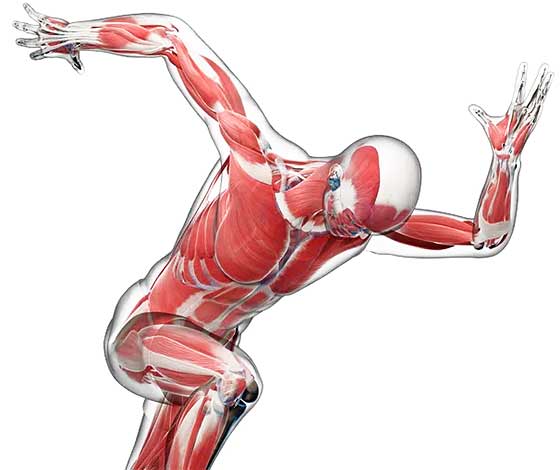
Humans were never meant to spend hours on end in one position in front of a screen. Our bodies have evolved elegantly over time and engineered for movement and in many ways our body craves it. But the reality however is that our bodies spend less time in a state of activity than it does in a sustained position. While we cannot change the nature of our occupation, we can take preventative measures. This is very important to help ensure that our bodies do not suffer the long-term effects of our jobs.
Posture attention
Now, when you think about computer work and poor posture, the image that often comes to mind is that of a person sitting on the edge of a chair, with their lower back hunched, their shoulders rounded and their head forward. This “slouched” posture as is often referred by physiotherapists, places lots of pressure and strain on the spinal discs. Also, pressing the muscles and connective tissues of the spine.
In some cases it’s not so much that a slouched posture is inherently bad. In fact, it is possible to notice that for brief periods, this posture is a recovery position. Sitting upright with good posture can be physically taxing. So, our body instinctively slouches to alleviate this the longer we sit (remember humans weren’t designed to sit for long periods). The main problem is that people spend too much time slouched with our spine curved that results in the aches and pains we feel.
Your spinal discs
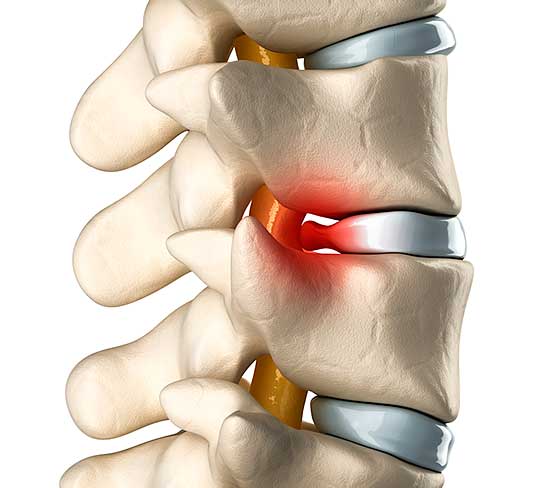
Your spinal discs act as shock absorbers for your spine and gradually deform the longer you stay in a seated position. When this happens over weeks or even months, it can create a situation where the discs can press on pain sensitive structures. It´s include your spinal nerves resulting in lower back pain and symptoms like sciatica.
Additionally, muscles such as the long spinal erectors and sub-occipital muscles of the upper neck are prone to muscular tension. Associated with prolonged periods of poor posture and inactivity.
Your neck muscles
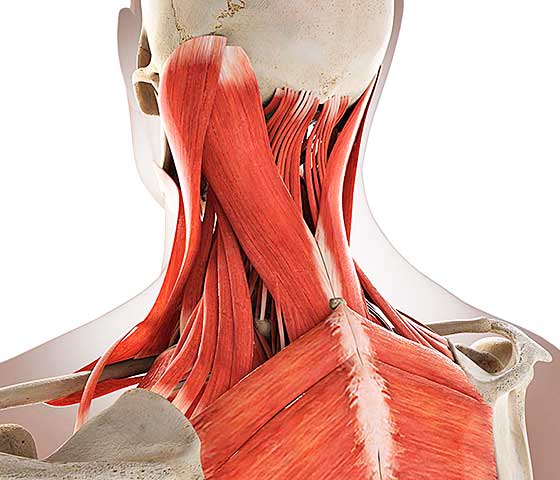
Now, despite being closely located to the spine these muscles are primarily designed for movement such as bending or twisting. However when presented with a slouched posture, their role converts from one of activity to one of support. It is a role that is somewhat secondary and not designed for long-term use. As a result, these muscles often fatigue easily and cause muscular pain and spasm.
It goes without saying that the longer a person sits, the greater the possibility that they would adopt a poor sitting posture. It is thus imperative that if you work on a computer that maintaining an effective sitting posture is vital to help avoid long term and chronic pain situations.
Physiotherapy provides a multitude of benefits for anyone wishing to restore their strength, endurance, flexibility, or stability. At Revolve Physiotherapy, our goal is to help you live a pain-free life with even greater strength and endurance than you had before.
To help maintain proper sitting posture, I’d keep in mind these simple steps:
It starts with your workspace
If you don’t keep your workspace organized properly, it’s only a matter of time before the pain starts. Ensure that your desk and chair height is such that your feet are flat on the floor with your hips and knees comfortably at 90 degrees. Your computer monitor or laptop must be at a height that your head isn’t tilted too far up or too far down. Your keyboard should be at a level where your shoulders are relaxed and your elbows are at 90 degrees and your wrists straight.
Get assistance
If your chair doesn’t have one, use a lumbar support or roll to help you maintain your posture and give your back muscles a rest. If you are on the phone for long periods of time, use a headset. While not always feasible a desk that can convert easily into a standing one. It’s a great option to help reduce the strain of prolonged sitting.
Also Important:
Sit tall, be tall
“Sit tall, be tall” is a simple and effective mantra that emphasizes the importance of maintaining good posture. Proper posture not only contributes to physical well-being but also influences one’s confidence and overall presence. Remember, practicing good posture is not just about appearances; it’s about maintaining a healthy and functional body. Over time, consistent attention to your posture can lead to improved overall well-being and a more confident presence.
Move before it hurts
It is just human nature that people generally wait too long sitting until an ache or a pain becomes too much until it moves or changes position forcibly. By that time however, the body has had enough and the pain cycle has probably already started. It is much better to take frequent breaks before it even hurts to interrupt the build up in tension. All it takes is just standing up from your desk for 15-20 seconds to break that cycle. Instinctively when you sit back down, your posture is generally pretty good and your tolerance is reset.
To help maintain proper sitting posture, I’d keep in mind these simple steps:
- Stand up and look up-look down, look right-look left, 10 times.
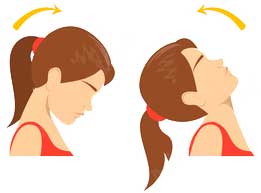

- Roll your shoulders forward in a circle 10 times and backwards in a circle 10 times.
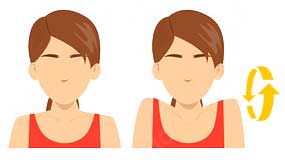
- Place your hands in the small of your back and arch back 10 times.
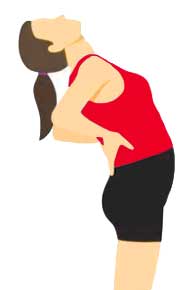
- March in place for 30 seconds.
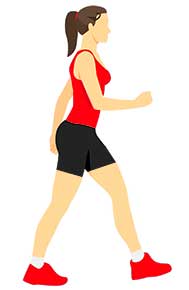
Remember that everyone’s situation is unique, so it’s essential to tailor these solutions to your specific needs. If pain persists or worsens, consider consulting with a healthcare professional for personalized advice.
Home office Pain and Aches. Try physiotherapy with us in Milton. Click the button below to book an appointment or give us a call – 905 864.8181
